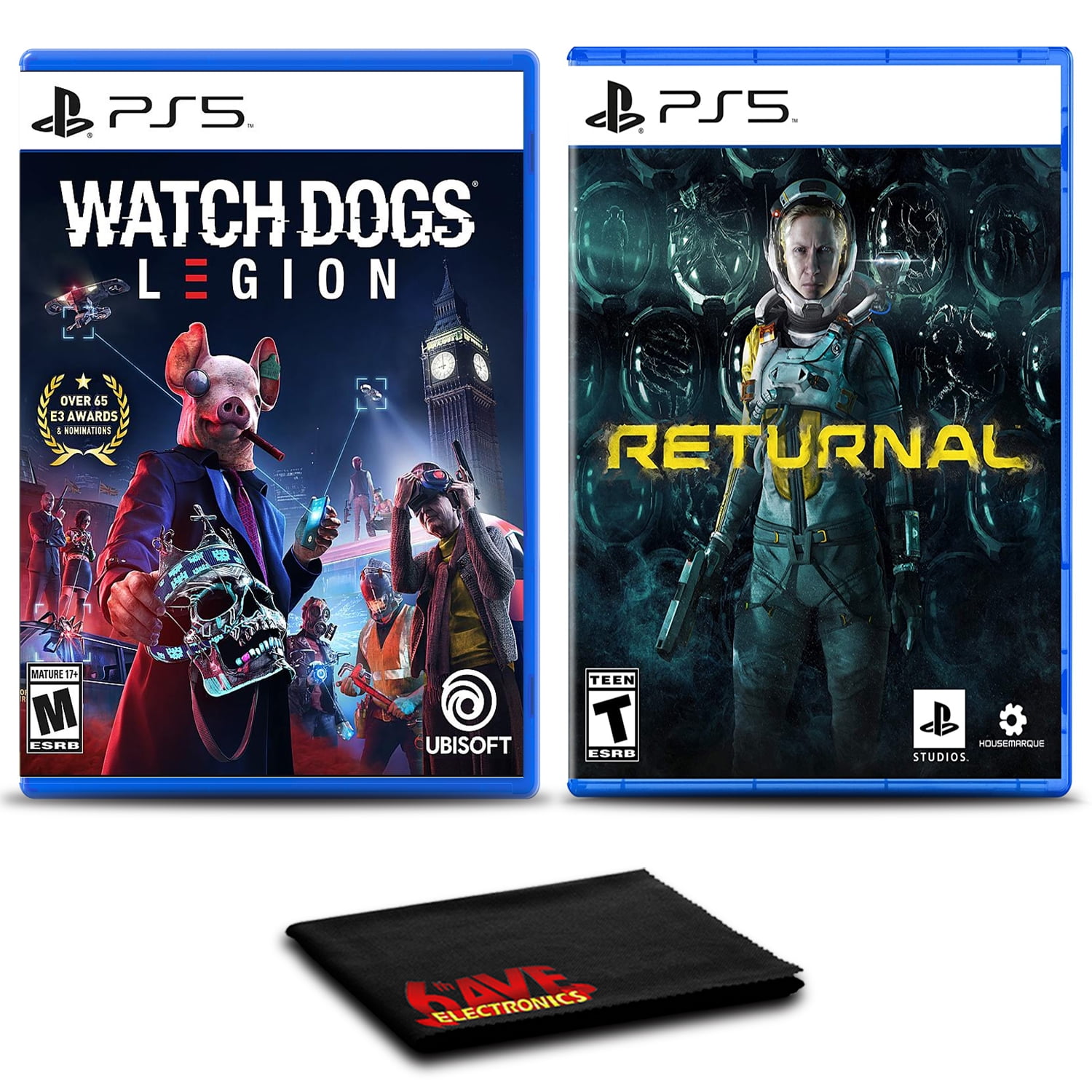
The metaphors and inspirations at play are rich and extremely spoiler-heavy to discuss, but pull from everything from Greek mythology to the mighty Blue Oyster Cult. The intermittent first-person, more horror-focused sections - which trigger as you work your way through multiple cycles - are spooky highlights that help establish the game’s wider motifs and set the tone for your journey. Taking different paths through the same levels yields different audio logs, snippets of dialogue, and cyphers that piece together underlying lore. The trippy, esoteric narrative plays out in an intriguingly non-linear fashion thanks to Returnal’s rogue-like elements, starting out denser than a black hole before drawing slowly into clearer light.


Returnal follows the story of Selene, a space pilot for the Astra Corporation, as she tries to escape her fate after crash landing on the uncharted, hostile and shifting planet of Atropos. With its high-budget visuals, flashy presentation, and Sony first-party backing, it’s easy to assume that Returnal is a similar sort of spectacle action-adventure we’ve seen loads of times around the launch of a new console, and a massive departure from what we’ve seen from Housemarque in the past.īut from your first proper encounter, it becomes clear that Returnal is just as much Super Stardust as it is Star Trek.Īll of the familiar ‘rogue-like’ elements are here in force: starting back at the beginning when you die, making your way from level to level through different ‘rooms’ which change order every time, and a heavy reliance on luck to create god runs from a varied assortment of high risk/tiny reward power ups.īut where Returnal sets itself apart from others in the roguelike genre is the fusion of these gameplay hooks with a sci-fi story and positioning more akin to a triple-a blockbuster. To see this content please enable targeting cookies.

How do you make an everyday situation terrifying again? Its nightmare scenario: ‘What if you were trapped in an endless cycle, repeating the same thing again and again’, has gotten a lot less scary since we’ve all been trapped inside for 18 months.


 0 kommentar(er)
0 kommentar(er)
